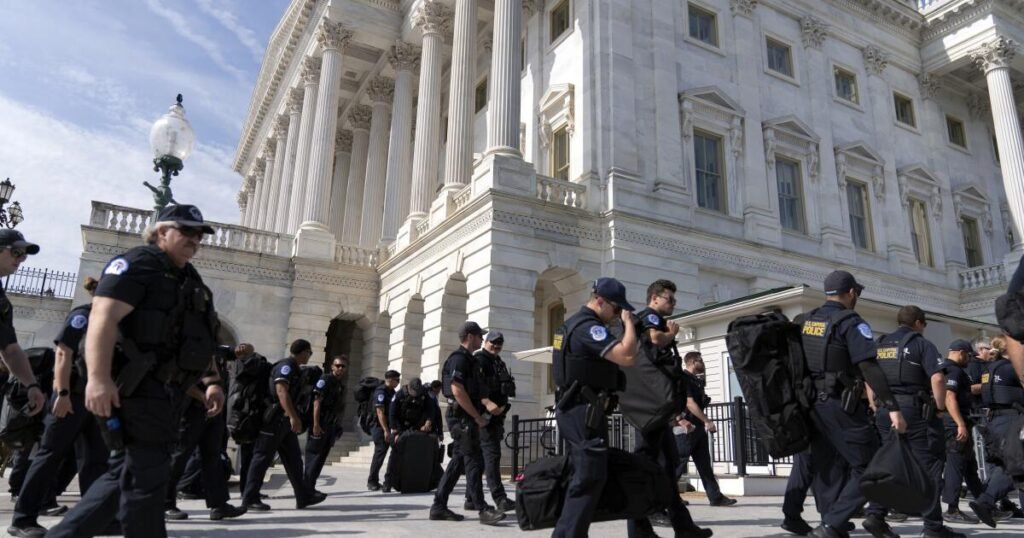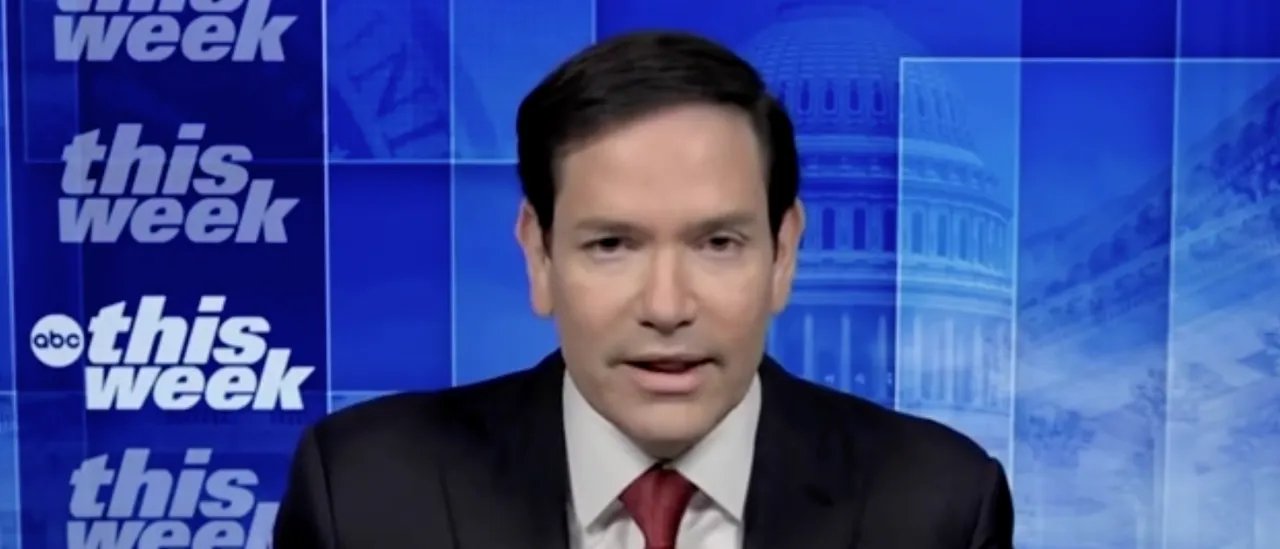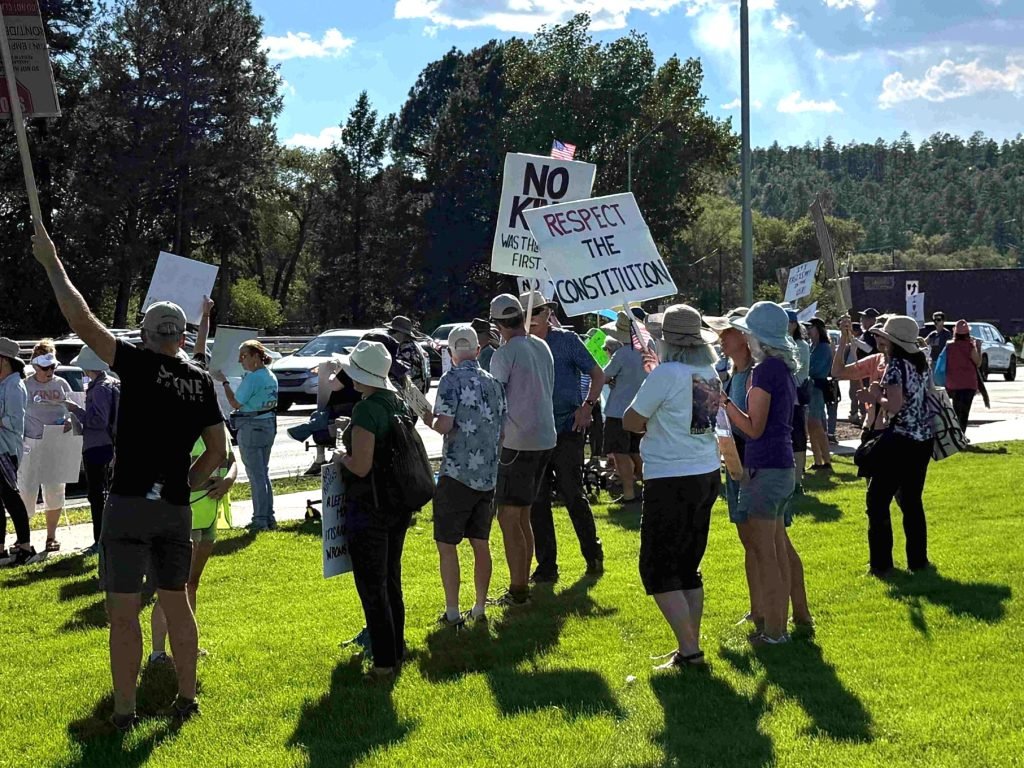Just as Democrats are trying to unite around a new presidential candidate, a foreign leader who is dividing them and many Americans has arrived in the nation's capital.
Israeli Prime Minister Benjamin Netanyahu, one of the world's most polarizing leaders, will address Congress on Wednesday in a visit to Washington at the invitation of Republican lawmakers, bypassing the White House, in a speech that echoes his own speech in 2015 when he expressed disdain for then-President Obama.
If Netanyahu had intended for his visit to inflict a similar humiliation on President Biden, whom he has falsely accused of sabotaging arms shipments, it was muted by Biden's momentous decision on Sunday to withdraw from the presidential race. It remains to be seen how this will change Netanyahu's strategy, and how his administration will handle Netanyahu's interference in U.S. politics.
In liberal California, home to large and influential Jewish and Arab American communities, Netanyahu's visit sowed divisions among the congressional delegation.
Many of the state's Democratic lawmakers are expected to boycott the speech, along with dozens of their colleagues from across the country, and some are planning additional events on Wednesday, including some that will take place during Netanyahu's speech.
Vice President Kamala Harris, the presumptive Democratic presidential nominee, will not attend the speech but is scheduled to meet privately with Netanyahu on Thursday.
Israeli Prime Minister Benjamin Netanyahu, who meets his cabinet in December, is facing criticism at home and abroad over his handling of the Gaza war.
(Ohad Zwigenberg/The Associated Press)
Netanyahu has faced intense criticism over his handling of the war in the Gaza Strip, which began after Palestinian militant group Hamas attacked southern Israel on October 7, leaving some 1,200 people dead and more than 250 taken hostage.
Since then, the number of Palestinians killed by Israeli air strikes, bombings and ground invasions has risen Over 39,000, The Gaza Health Ministry did not say how many of them were combatants and how many were civilians, although it is widely acknowledged internationally that the majority were women and children.
Biden was quick to pledge his full support for Israel and Prime Minister Netanyahu in October, but as the war has dragged on, he has publicly urged the right-wing Israeli government to take greater care to avoid civilian casualties and to agree to a ceasefire that would include the release of Israeli hostages held by Hamas.
Still, Biden's support for Israel is a political liability among key voters at home and abroad, where the United States is seen as complicit in what some governments say is genocide in Gaza.
Washington gives Israel more than $3 billion in aid each year, a figure that has tripled since October 7 thanks to massive arms deliveries.
Netanyahu is expected to call for more aid and weapons without delay or obstruction in his speech on Wednesday. Biden has blocked only one delivery this year of a 2,000-pound bomb when Israel threatened to attack the southern Gaza city of Rafah, which has sheltered about one million Palestinians.

President Biden met with Prime Minister Netanyahu in Tel Aviv a few days after the October 7 Hamas attack on Israel.
(Evan Vucci/The Associated Press)
The issue has become a sticking point for many Democrats, many of whom make a clear distinction between their support for Israel and their support for Netanyahu.
Prior to Netanyahu's speech, Rep. Mark Takano (D-Riverside) was scheduled to be part of a delegation that would meet with Israeli citizens whose families were kidnapped on October 7.
In a statement, Takano said he had thought about attending the speech for several weeks before deciding not to do so.
He said he believed Republicans had given Netanyahu a platform to further stomp down divisions among lawmakers, and accused the Israeli leader of prolonging the conflict, ignoring pleas from his own people to focus on returning the remaining hostages and dismissing concerns from the United States and other allies about the toll of the war on Palestinian civilians.
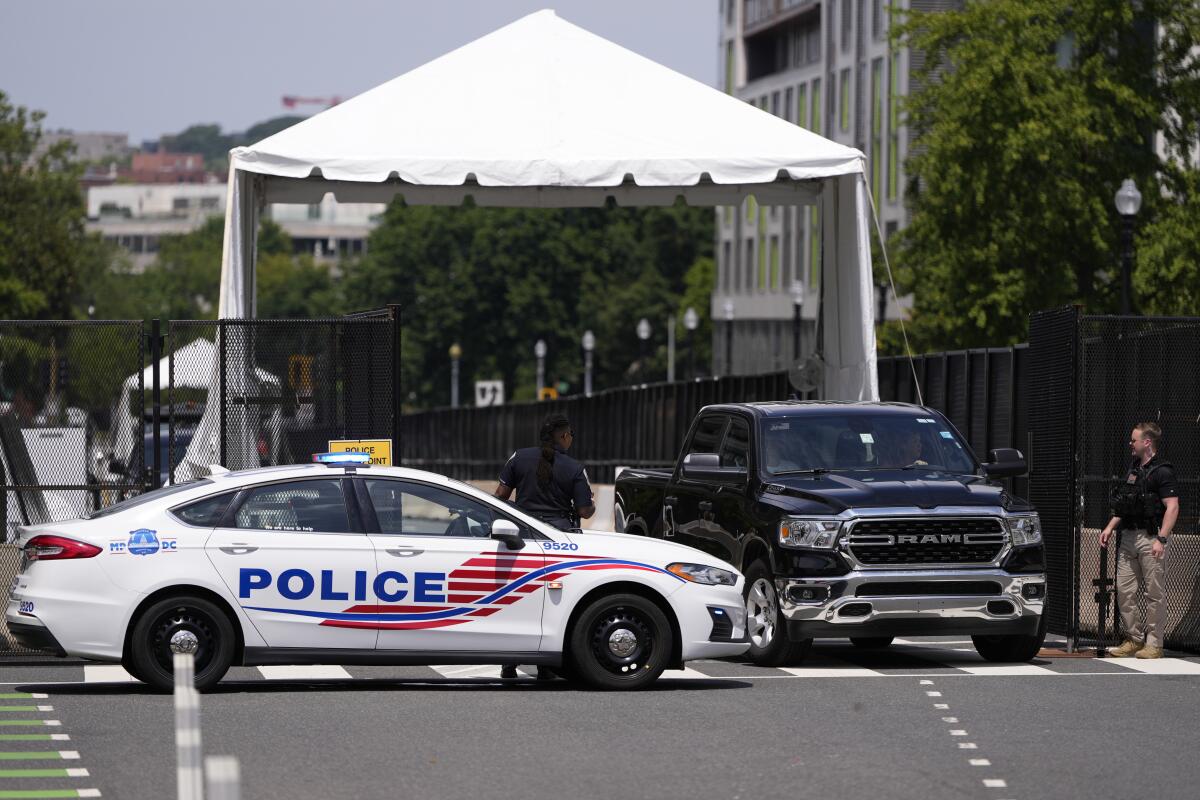
Law enforcement officials gathered outside the Watergate Hotel in Washington the day before Prime Minister Netanyahu was due to address Congress.
(Matt Slocum/The Associated Press)
“In recent months, I have become increasingly troubled by Netanyahu's actions, which have focused more on his own political survival than on the return of the hostages and a much-needed ceasefire,” he wrote.
Rep. Mike Levin (D-San Juan Capistrano), who has called for a change in Israeli leadership, said he would still attend Netanyahu's speech.
Levin has the backing of the American Israel Public Affairs Committee (AIPAC), an influential pro-Israel group. Campaign launched across the US To eliminate candidates who criticize Israel's actions in the Israel-Hamas war.
“I think it's important that anytime an ally, particularly Israel, is an important ally, that we have a member of Congress there,” Levin said, “not necessarily to support the leader of that country, but to support the people of that country and the important relationship between Israel, a Jewish democratic nation, and the United States.”
Netanyahu last addressed Congress in 2015, a time when relations with President Barack Obama were strained. The joint address is usually presided over by the vice president, but then-Vice President Joe Biden was traveling and did not attend.
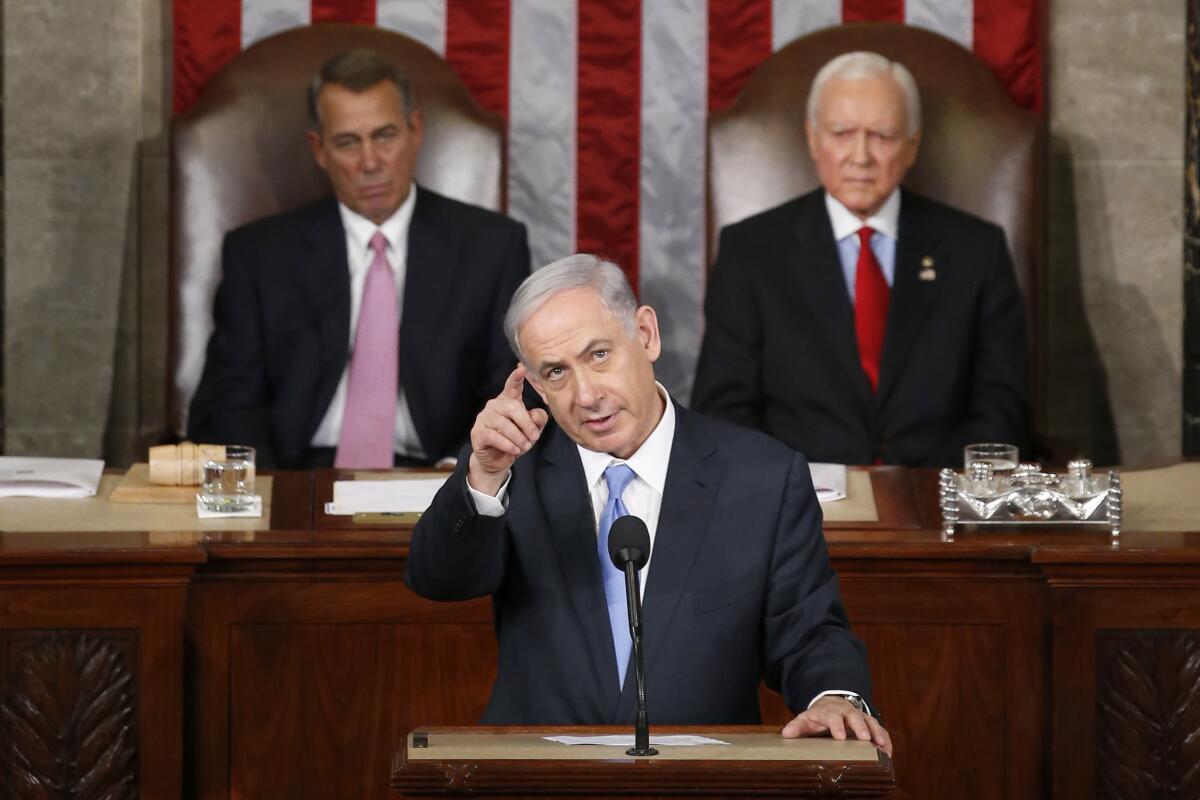
Netanyahu also addressed Congress in 2015 at the invitation of Republican lawmakers, bypassing the White House, as he did this year.
(Andrew Harnick/The Associated Press)
At the time, the White House had no advance notice of Congress' invitation to Netanyahu to speak. The administration argued it would be destructive to U.S.-Israeli relations. It was part of Netanyahu's long-running campaign to undermine decades of bipartisan U.S. support for Israel and make his policy goals explicitly Republican.
Shortly after taking office, Trump reversed decades of U.S. policy by moving the U.S. embassy from Tel Aviv to the disputed city of Jerusalem. He also recognized Israel's claim to sovereignty over the Golan Heights, fertile land it seized from Syria, and said he would allow Jewish settlements to be built on land claimed by the Palestinians in the West Bank, which most of the international community considers illegal.
Rep. Adam B. Schiff (D-Burbank) said before the 2015 event that it would be “inconsiderate” to invite a foreign head of state to speak against White House policies, but that he would be a “gracious host.”
“The strength of the U.S.-Israeli relationship has always been fundamentally bipartisan,” Schiff said at the time. “Anything that threatens that, I don't think is good for either the United States or Israel.”
Schiff's office confirmed that he will attend Netanyahu's speech on Wednesday, but the senator was not made available for an interview.
Meanwhile, other lawmakers were planning to boycott the speech. The office of Rep. Barbara Lee (D-Oakland) said: Who called? Lee, who has rejected UN calls for an immediate ceasefire in Gaza, confirmed he would not attend Wednesday's speech. He also missed Netanyahu's 2015 speech.
Rep. Ami Bera (D-Elk Grove) said in a statement Tuesday that he decided not to attend Netanyahu's speech “after listening to the families of American hostages held by Hamas,” most of whom harbor extreme anger toward the prime minister. Bera called on Netanyahu to accept the ceasefire deal brokered by Biden.
Rep. Ro Khanna (D-Fremont) Last month, he told NBC he would not be attending..
“I said, if he wants to come speak to members of Congress about how to end the war and free the hostages, I'd be happy to do that,” he said, “but I'm not going to be lectured.”
In 2015, dozens of members chose not to attend Prime Minister Netanyahu's speech In protest against the politicization of the speech.
Others, including then-House Minority Leader Nancy Pelosi (D-San Francisco), made their differences clear on the floor, sitting with her hands up as Netanyahu blasted what she considered a “bad deal” brokered by President Obama with Iran, The Times reported.
Protests against Netanyahu's appearance this week have extended far beyond parliament. Thousands of Jewish and Arab Americans flocked to the capital to make their voices heard, protesting Israel's war on Gaza, challenging U.S. policy in the region and expressing anger at welcoming a prime minister whom International Criminal Court prosecutors want to arrest and charge with war crimes.

